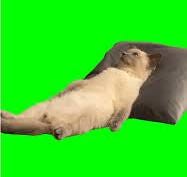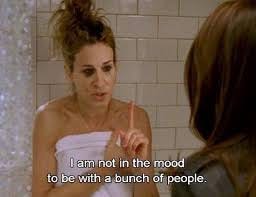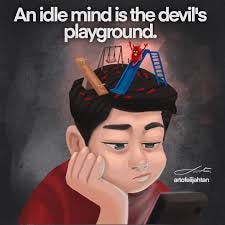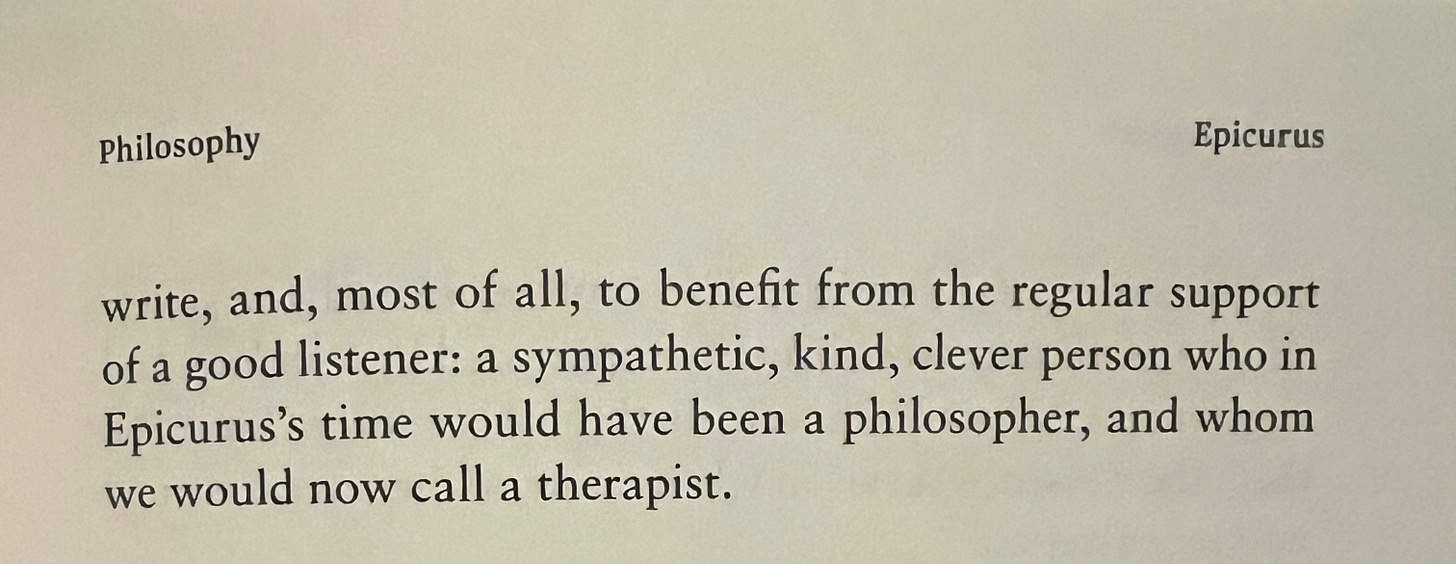Post Elite Sport Era, Where to Start?
Some tangible advice for those who are retired, rewired and slightly confused.
Reading time: about 8 minutes
Regardless of age or experience, change is difficult, uncomfortable and should be approached with care and compassion.
When we do something new, or move away from the familiar, there are sets of habits, processes, belief systems, or structures that need time to be established, reconfigured or shedded.
Athlete retirement is a pivotal and delicate moment, as it’s a whole identity piece. No matter how prepared we feel, or work we have done to seamlessly transfer into the next phase of life, this is new, and it will take time to adjust.
There is a big mountain to climb of self discovery, and it can be overwhelming to know where to start. We also don’t have an institution or guardrails that we can look to, as these foundations need to be rebuilt.
If you’re reading this there may be a part of you that is seeking some direction... I like to call a spade a spade and know what I’m dealing with, so below are some pragmatic truths of this period.
Let’s reframe, this should not be feared, but used as objective data points during this time. I urge you to preserve your mental energy of how it should be different, it just is.
1. Your relationship with your sporting community will change, or, (if you choose) there could be a temporary or prolonged separation
But remember…
Even if you take a step back for a while, it will still be there if you decide to return… At times may feel like you never left.
If you announce you retirement and realise you want to come back, you can. You are in the drivers seat. If anyone makes comments that make you feel uncomfortable or judged in any way, that says a lot about their character.. is that really someone you want in your corner?
Think about how you want your relationship to be with your sport, or sport in general in the future.
For me, I want to always love the craft of rowing and hold an appreciation for sport in general. I want have gratitude and appreciation to have been able to chase my dream for over a decade. To do this, I needed some time away.
After removing myself from the world of sports for a few years, I am now returning with the hopes to be an alumni that makes people feel seen and heard. I want athletes to feel supported in my presence, feeling comfortable to share their hopes, fears, and aspirations in a safe space.
2. Your day does not need to be structured around training anymore
Embrace it
Think about the language you use
Something that really helped me was changing my language. I immediately switched from saying ‘I need to go to training’ to 'I am choosing to go do some exercise’.
It felt empowering and got me back to basics, framing working out as a choice, not an obligation.
Stop monitoring
I switched off wearable devices, didn’t clock or monitor anything for a while. At times I would run with my hair out because I thought it was kind of hilarious.
You can now find me on Strava doing very normal and sustainable workouts*.
*Sometimes if I find myself feeling like I need to do a run just to upload on Strava, I’ll delete the app for a week or so to reset (these things are tools, use them (obligation free) as you see fit).
This is a lot easier said than done. But it’s a good test in starting to listen to your intuition of what your body needs (I promise you you are not lazy, you’re just very, very tired.
I think a lot of people stop exercise completely because they have a perception they need to train at 100% all your time which is unrealistic and a scary thought.
Movement is amazing, and so good for you
Redefine exercise
In terms of the type of ‘exercise’, initially I had no structure, and just committed to moving a little bit everyday. This mainly included walking my pup, running without time or km’s on, or going to a yoga class.
Make it feel easy and achievable initially, there will be a point when you will want to squeeze on again.
Find your tribe, and be selective
For over 3 years I felt irrationally uncomfortable going to any organised classes that would put me in any perceived competitive environments.
It has only been recently I have reestablished my love to building community around physical activity again. I love the sense of camaraderie and focused attention while in it, but equally love the instant code switch when the session is over and everyone gets on with their day.
Be patient… this takes time trying out different gyms/people that to see what environment feels right to be in regularly. It’s ok to be selective, you literally don’t own anyone anything.
Leverage ClassPass, different run clubs, intro offers etc. You were world class in your sport, it’s ok to have high standards.
You will simultaneously be bad, but overqualified at things
Ego check
When you spend the final years of sport refining your craft and being looked up to as an expert. There is a big cognitive shock when starting a new job, or interacting with new people, or picking up a hobby, or learning the art of balancing multiple priorities.
We have been hardwired to be the best at (a very specific) something, and when you become a newbie again it can be a big shock to the ego.
Use humour
Instead of feeling frozen, maybe embrace the humour in the irony of being literally the best in the world at something one day, then the next feeling so out of place and amateur in the next.
Embrace rapid growth
A pleasant upside in trying new things and putting yourself in challenging environments was seeing such rapid growth in improvement. When we are used to such small minute changes, seeing how you get more comfortable with a new task day to day can be super encouraging.
^ To see how you’re tracking, I would recommend writing things down and having tangible collateral to look back to when it feels like you are getting ‘no where’. The mind can play terrible tricks on you.
How this has helped in career aspirations
Immediately after the Olympics, I started an internship at an AI consulting firm, but also a receptionist at a yoga studio. It was kind of cathartic to roll towels and chat to people as they were coming into class.
I didn’t dwell, I just started something.
That then morphed to doing some leadership development program facilitation at Authentic Leaders Group, moving into Big 4 Consulting at KPMG, more frequent key note speaking engagements (where I was able to refine my story a little bit better each time). From there it evolved into applying for an MBA etc etc.
Opportunities do pop up and people do want to help, it’s about being visible and putting yourself on people’s radar for them to do so.
The sport will go on without you
Another one that can pull at the heart strings
These institutions existed before you, and will go on without you. At times you will feel very unseen when the new cohort of athletes start to develop and take the stage.
The commitment I made to myself was to get to a place where I could watch a World Championships, or Olympic Games, and genuinely be stoked to watch some good competition.
Don’t watch or engage just because you feel like you have to, or secretly want to see the team do worse without you there. If you need time away, go find something completely off the beaten track to do.
For the 2016 Games, I felt incredibly hurt by missing out on the Olympic team and wasn’t ready to engage. My rationale was that I would support my friends and teammates from a far, sending them good energy, but it was still salt in the wound to watch. So, I chose to pick lemons on a lemon farm in Chile with no phone or internet reception while the Olympics were on.
In 2024, I was in Oslo, surrounded by some of my new MBA friends, and we tuned in to some great racing - it was really beautiful to show them a snapshot of my world. For the second week I flew to Paris to go and enjoy being a spectator to see what it was all about (as Tokyo had none of the spectacle) - it felt really wonderful to be part of it in a very insignificant and small way.
Show some grace and gratitude.
I’m a big believer in letting people have THEIR moment, we were able to have ours.
These experiences are finite. If you need space, please don’t let any unresolved feelings or emotions distract from where the focus should be, which is on the competing athletes.
Regardless of our personal results, we are all contributing to (positively or negatively) crafting a legacy in our given sport. So please be mindful of how you are conducting yourself.
Oh, and go to therapy (or your philosopher). It’s a game changer.
“Great Thinkers” by The School of Life
If you have been an Australian athlete, there is a whole Mental Health Referral Network that you can tap into.
It couldn’t be a more seamless process.
The hard part is asking for help: https://www.ais.gov.au/MHRN







